When considering residential treatment centers for boys, there are a few key factors to remember. These specialized facilities cater specifically to young males who may be struggling with emotional and behavioral issues, substance abuse, or other challenges that require more intensive treatment than what can be provided at home or in an outpatient setting.
Blume Behavioral Health offers teen residential treatment in Torrance. Our house in Torrance is for 6 boys around the ages of 12-17. We’re committed to supporting young men during their mental well-being and self-discovery journey.
Gender-specific treatment is important for effective mental health care among teenagers. For many boys, a gender-specific treatment program can be more effective in addressing their specific needs and challenges. This is because there are often distinct differences in how males and females experience and respond to mental health issues. Gender-specific treatment allows for tailored approaches that consider these differences and provide targeted support for each individual.
Additionally, residential treatment centers for boys create a safe and supportive environment where young males can explore their emotions, express themselves without judgment, and learn healthy coping skills alongside peers who may be facing similar struggles. This type of setting can also foster a sense of camaraderie and brotherhood among adolescents, promoting positive relationships and social skills.
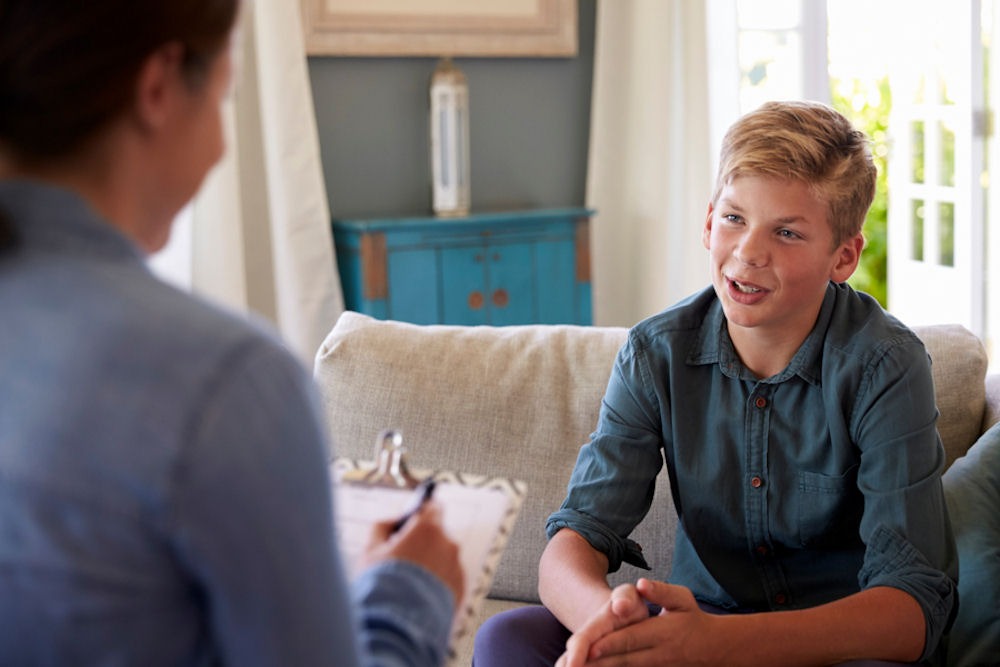
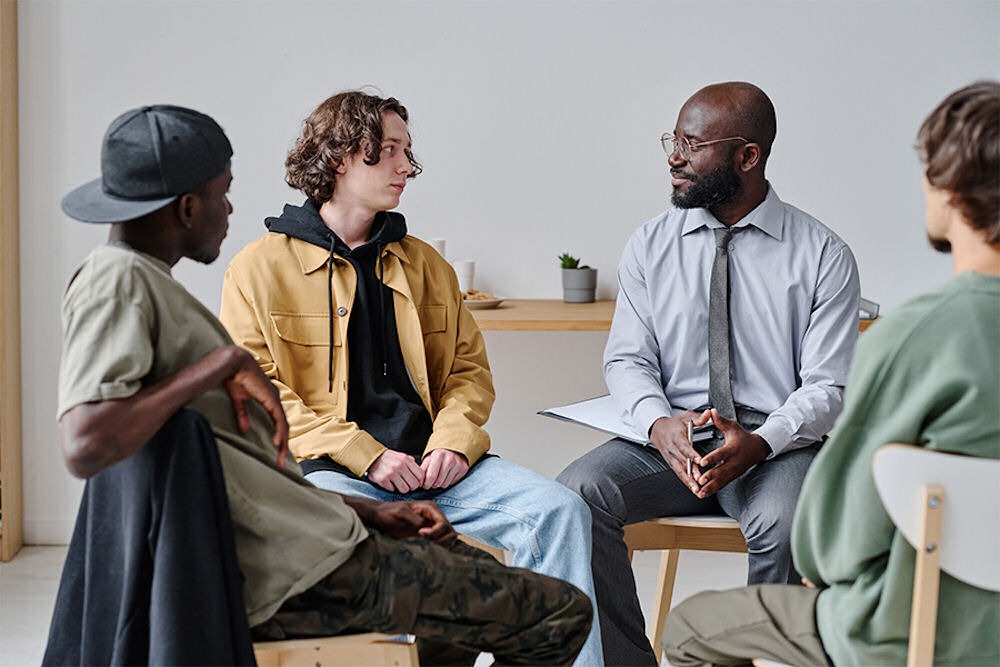
In gender specific treatment programs, family involvement is crucial. The family dynamic plays a significant role in a young boy’s development and can greatly impact their mental health. By involving the family in the treatment process, residential centers for boys can address any underlying issues within the family system that may be contributing to the individual’s challenges.
Family therapy sessions and workshops are often incorporated into treatment plans at these facilities. This allows for open communication and healing between parents and their sons, promoting stronger relationships and healthier dynamics within the family unit. We offer a parental support program within a gender-specific program that can provide special insight for working with boys.
But in addition to societal pressures, boys may engage in more overt forms of aggression. This can create a toxic environment that undermines social support systems. Gender-specific treatment can provide a safe space for boys to explore these dynamics, develop coping strategies, and build healthy relationships.
Societal pressure and stigmas can affect young males when it comes to seeking help for mental health issues. Boys may feel a sense of shame or weakness in admitting they need support, which can prevent them from reaching out for assistance. Gender-specific treatment programs provide a safe space where boys can openly discuss their emotions and struggles without fear of judgment.
Moreover, gender-specific treatment allows for specialized programming that caters specifically to the needs and interests of teenage boys. This can include activities such as sports, outdoor adventures found in experiential therapy for teens, or artistic pursuits found in art therapy for teens that promote personal growth and help build self-esteem.
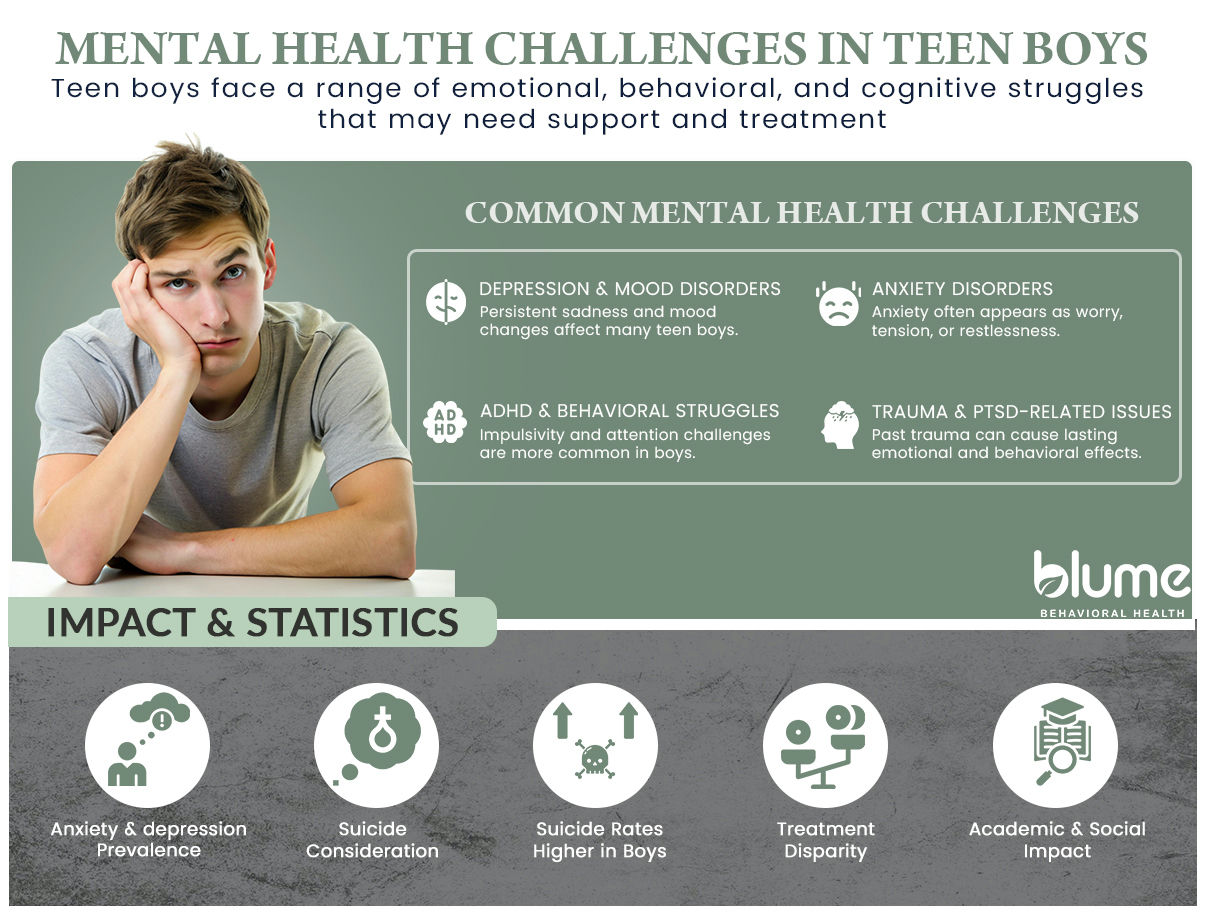
Residential treatment for teenage boys can provide a multitude of benefits, both short-term and long-term. Some of the rewards that can be gained from this type of treatment include:
Through specialized therapies and personalized care, residential treatment can help improve symptoms of mental health issues and promote overall well-being.
Boys will learn valuable skills to manage their emotions, cope with stressors, and communicate effectively.
In a gender-specific treatment program, boys have the opportunity to build relationships with peers who can relate to their experiences, providing a sense of community and support.
With mental health concerns addressed and improved coping skills, boys may experience better focus and academic performance during our academic program.
As boys learn to manage their emotions and communicate effectively, they can cultivate healthier relationships with family, friends, and others in their lives.
These rewards not only have the potential to improve the present circumstances of teenage boys but also set them up for long-term success in various aspects of their lives. Seeking treatment now can make a significant impact on their future.
We understand that determining whether residential care is suitable for your loved one can be a challenging decision. Here are a few choices to assist you in guiding your choice:
If your loved one is struggling with severe mental health concerns that cannot be effectively managed through outpatient care, residential treatment may be necessary.
If your loved one has not had success with previous treatments or therapies, a higher level of care like residential treatment may offer more intensive and specialized support.
Some teenage boys may benefit from the structure and supervision provided in a residential treatment setting, especially if they have difficulty managing their behavior or impulsivity.
If your loved one’s mental health issues are significantly impacting their daily life, it may be beneficial to consider residential care to address these challenges more intensively.
Ultimately, the decision should be based on the individual needs and circumstances of your loved one. It is important to consult with a mental health professional and thoroughly explore all options before making a decision. With proper support and guidance, you can find the best course of action for your loved one’s mental health journey.
Patronella House: 18161 Patronella Ave, Torrance, CA 90504

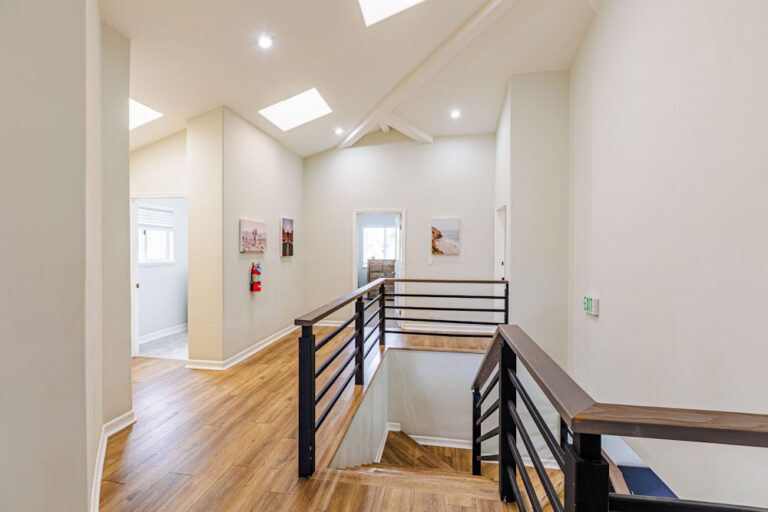
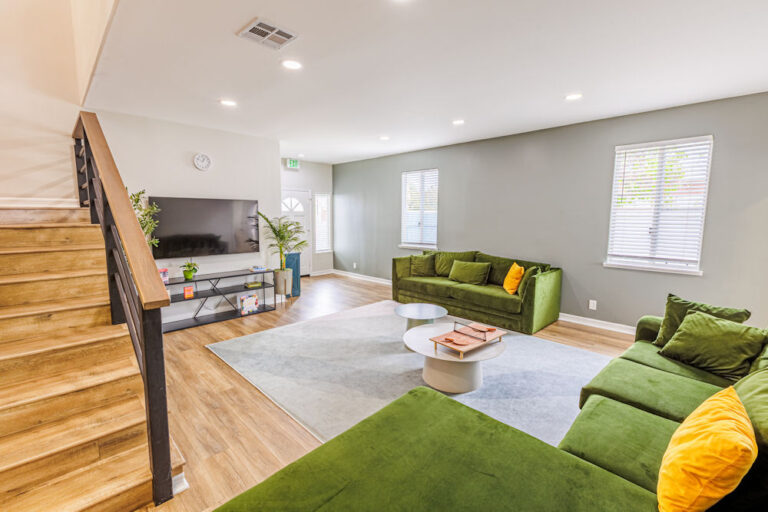
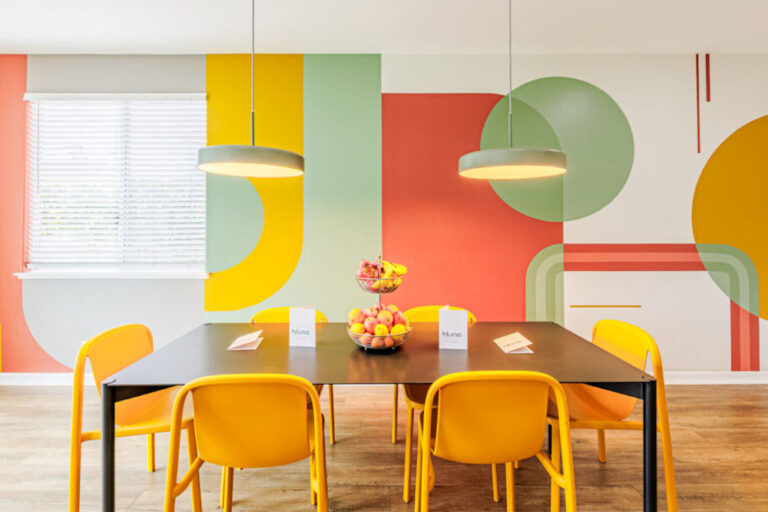
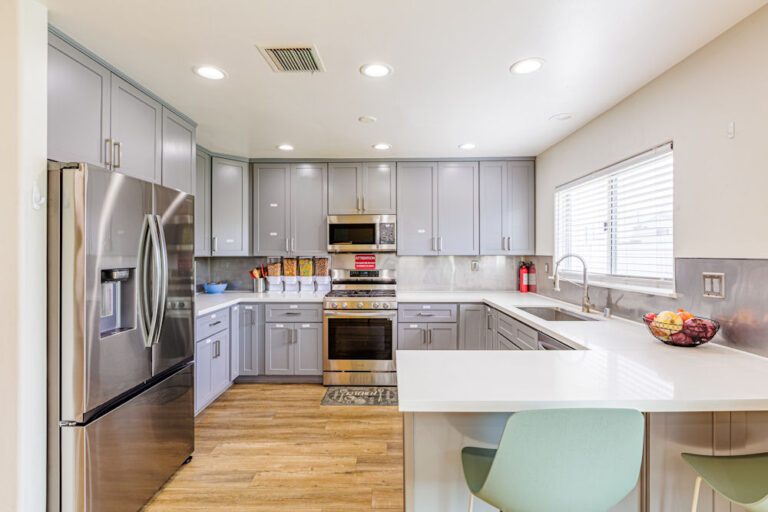
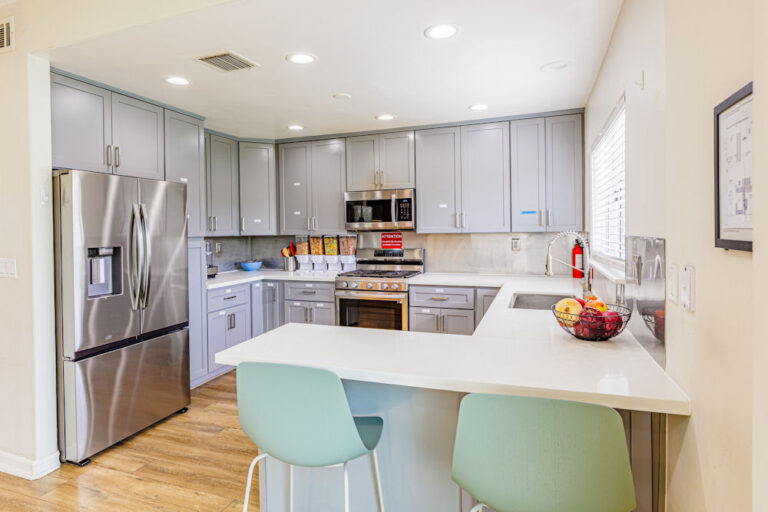
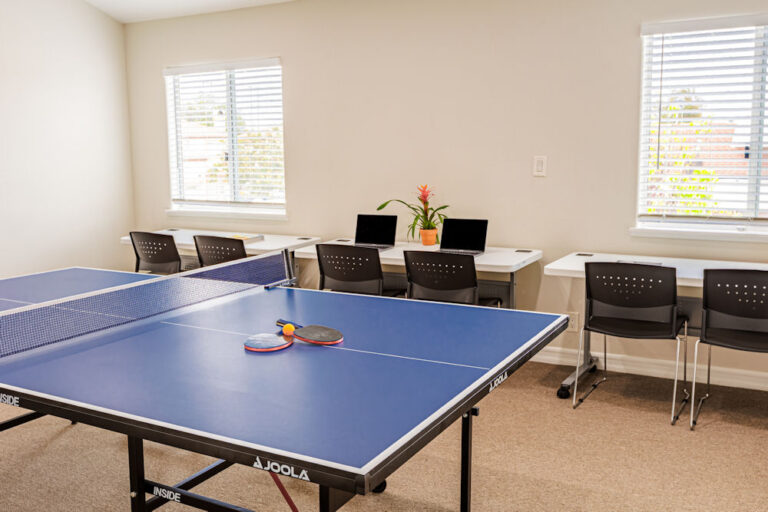
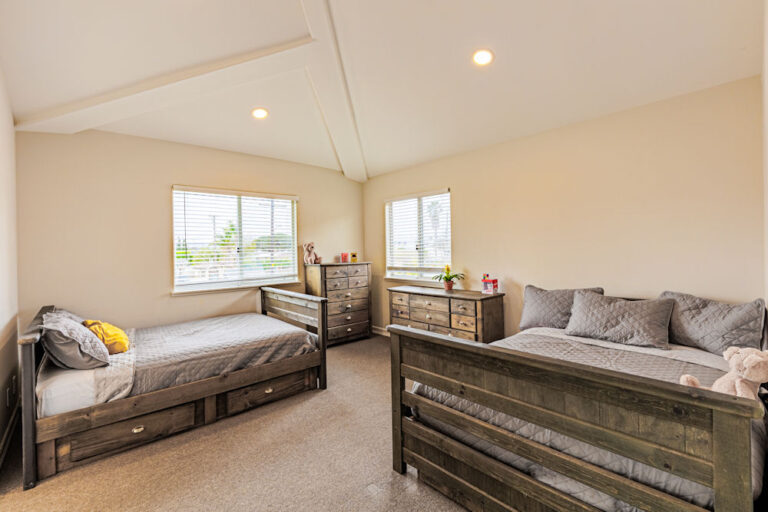
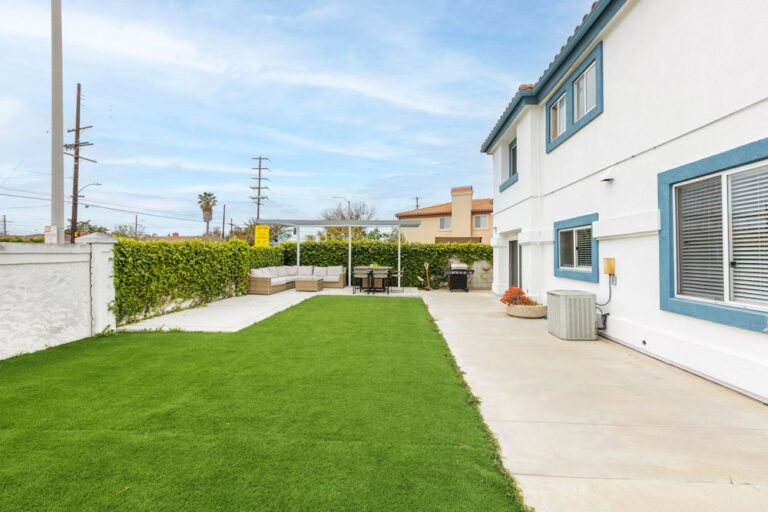
Anza House: 4311 W 230th Pl, Torrance, CA 90505
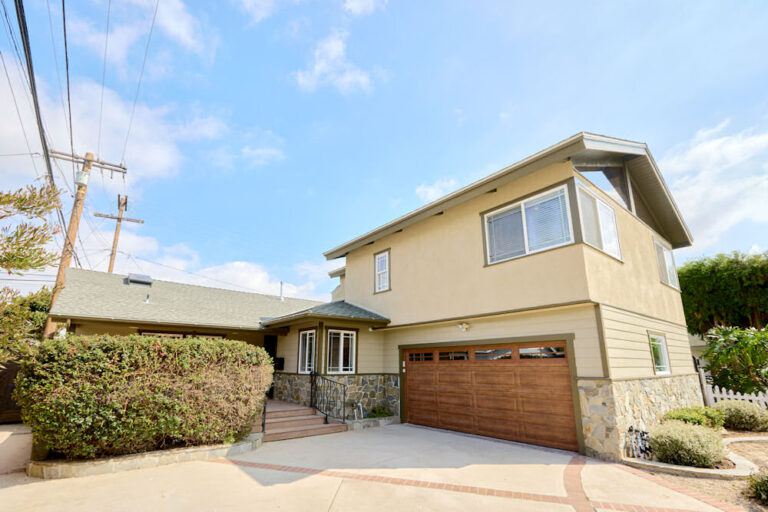
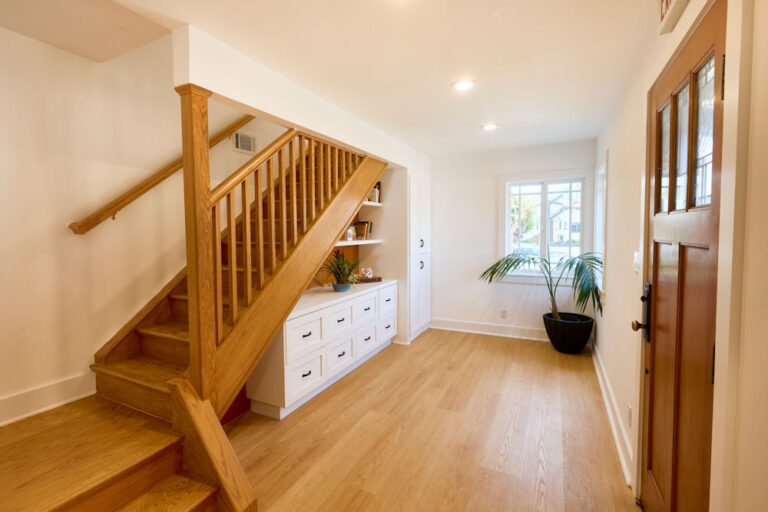
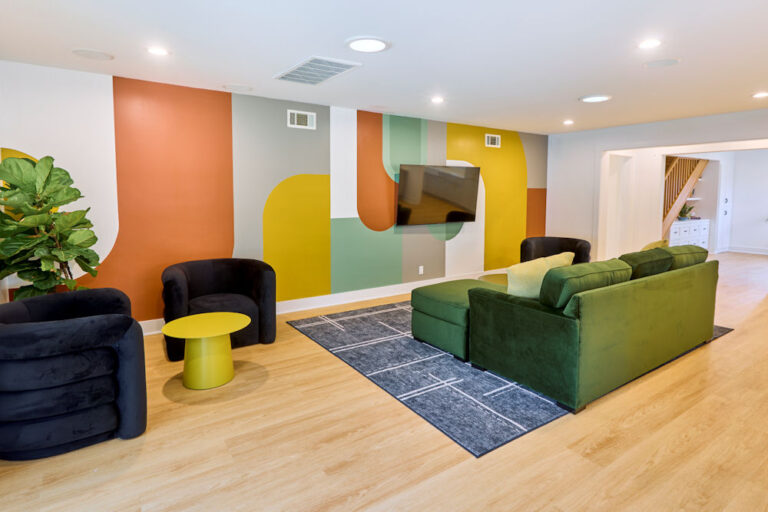
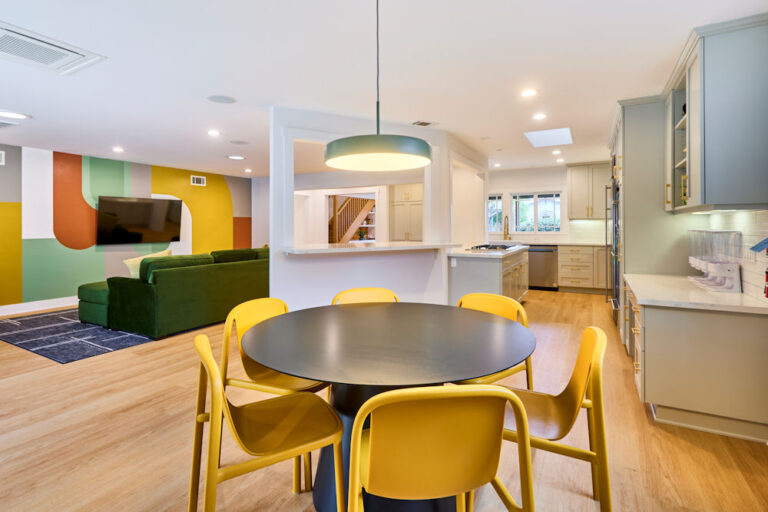

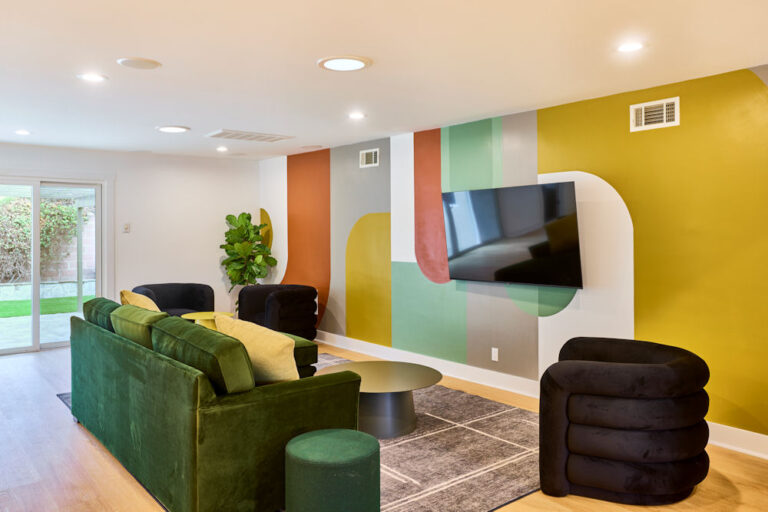
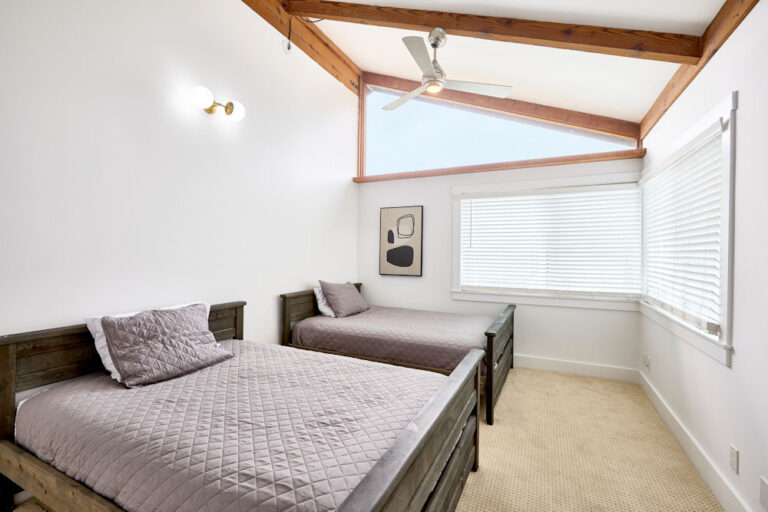
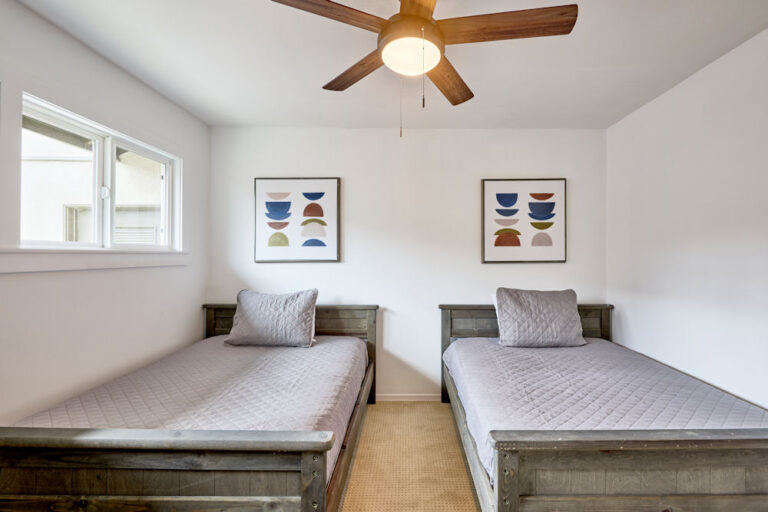
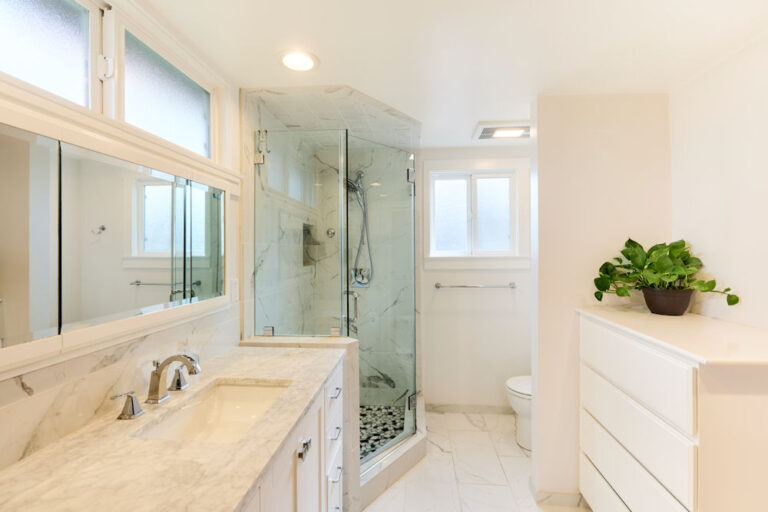
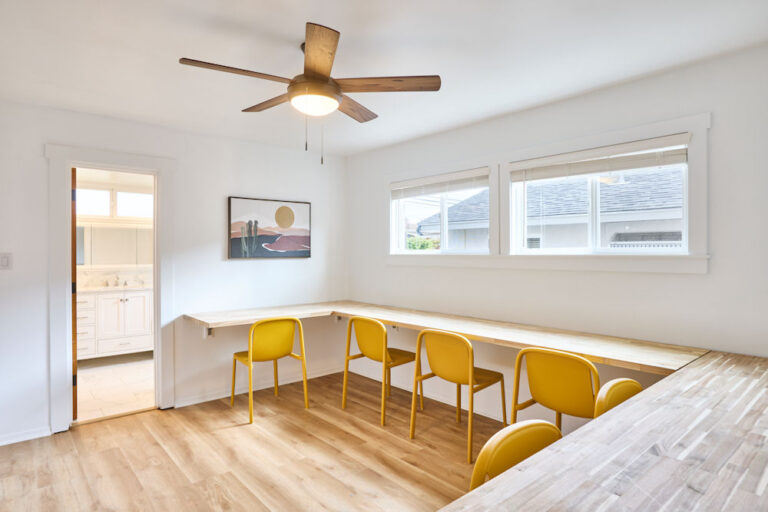
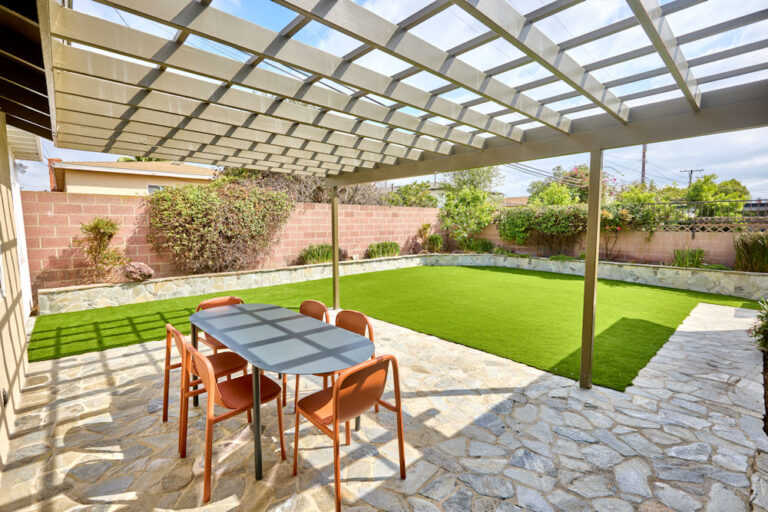
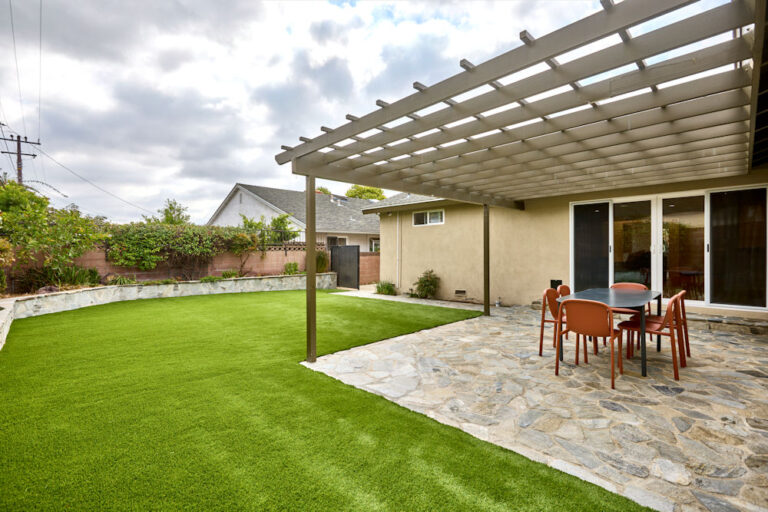
Blume Behavioral Health is dedicated to creating a supportive and nurturing environment for teenage boys who require specialized mental health care. Our team of experienced professionals creates personalized treatment plans that cater to the unique needs and challenges of each teenager. Our residential treatment centers focus on helping teens heal and thrive in recovery.
Don’t wait any longer to give your loved onne a chance at recovery and hope. Together we can work at providing your loved one with the best opportunity at a brighter future. Contact us today to learn more.